As the voting festival kicks off in the world's largest democracy, India's Lok Sabha elections commenced with enthusiasm and unexpected incidents in the first phase of polling in West Bengal.
Amidst the festive atmosphere of democratic participation, voters in three West Bengal constituencies – Cooch Behar, Alipurduar, and Jalpaiguri – cast their ballots on Friday. However, amidst the spirited exercise of civic duty, an unusual incident captured headlines, revealing a poignant tale of bureaucratic oversight.
In a polling center in West Bengal, an elderly woman named Basanti Das received heartbreaking news while in line to cast her vote – according to official records, she was deceased. Stricken with disbelief and disappointment, Basanti learned that despite being very much alive, she was ineligible to exercise her voting rights due to an administrative error labeling her as deceased.
The incident unfolded at the Vairathiguri High School polling station in Dhupguri, where Basanti arrived early in the morning eager to participate in the electoral process. However, upon reaching the front of the line, she was informed by the presiding officer that her name had been erroneously struck from the voter list, rendering her unable to cast her vote.
With tears in her eyes, Basanti expressed her anguish and confusion, lamenting her inability to participate in a democratic ritual she had faithfully observed in the past. Despite efforts by local officials and community members to rectify the situation, Basanti was ultimately denied the opportunity to vote, leaving her with a sense of disenfranchisement and disbelief.
The incident serves as a poignant reminder of the complexities and challenges inherent in democratic processes, even amidst the celebration of civic engagement and electoral democracy. As India's Lok Sabha elections continue, the story of Basanti Das underscores the importance of ensuring the integrity and inclusivity of the electoral process for all citizens.



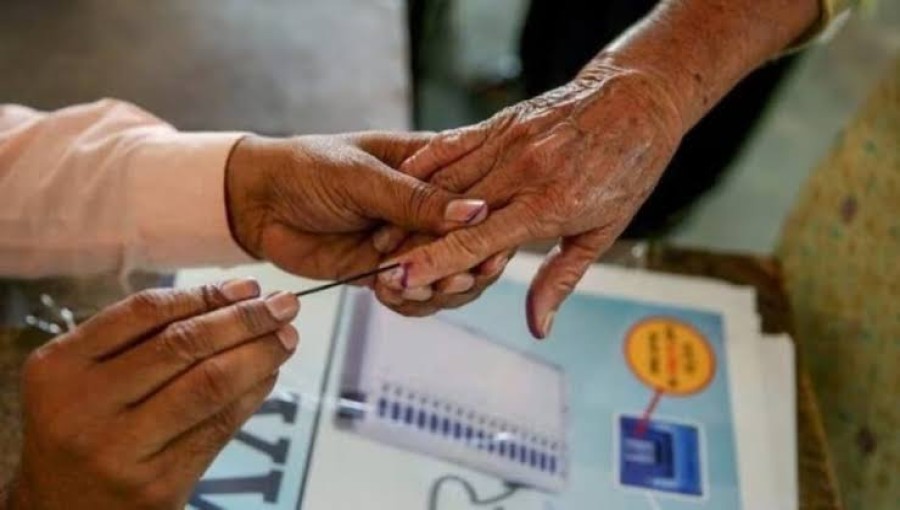

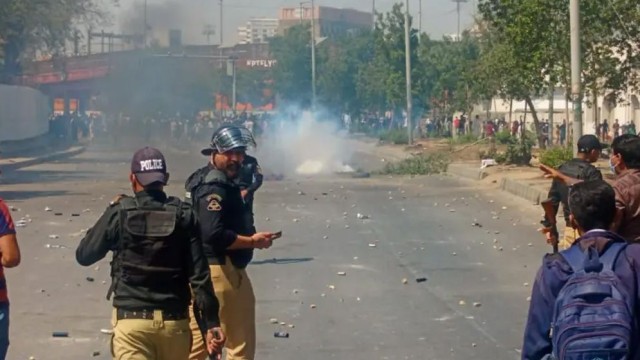






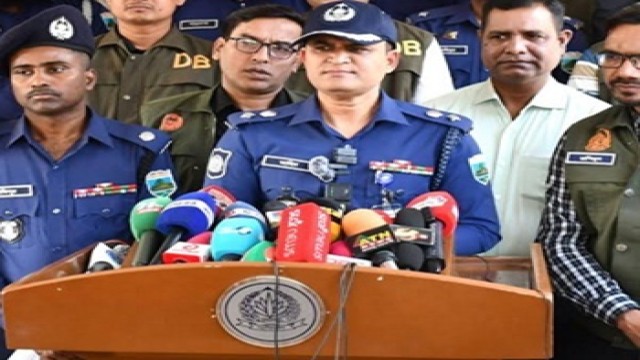
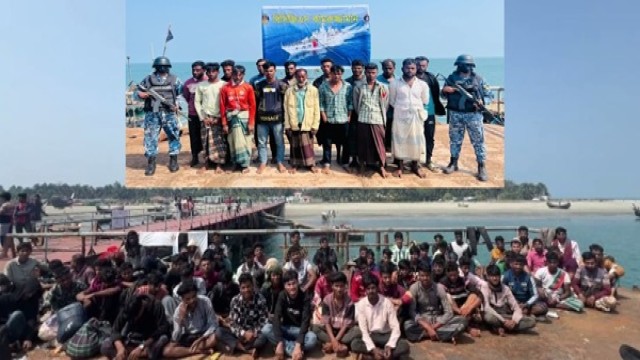
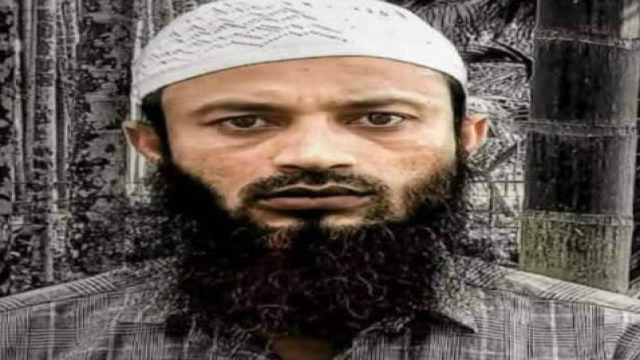
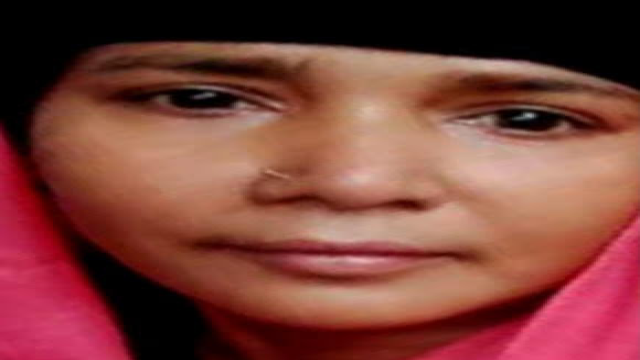



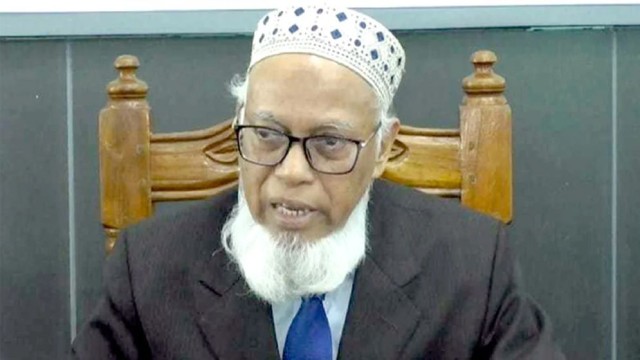










Comment: